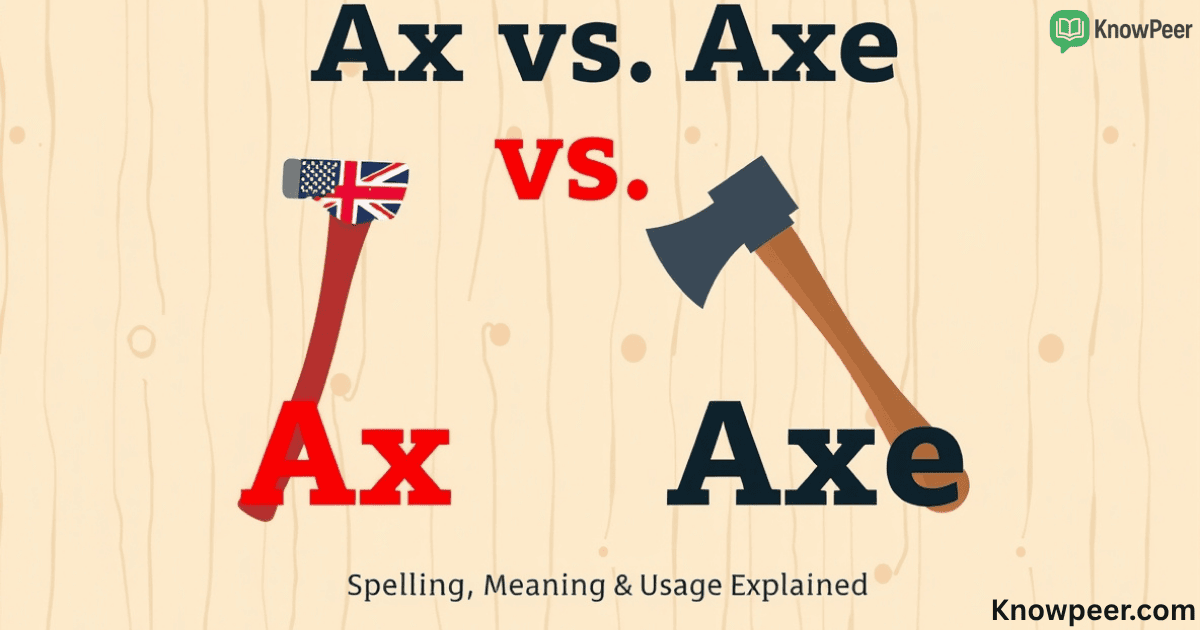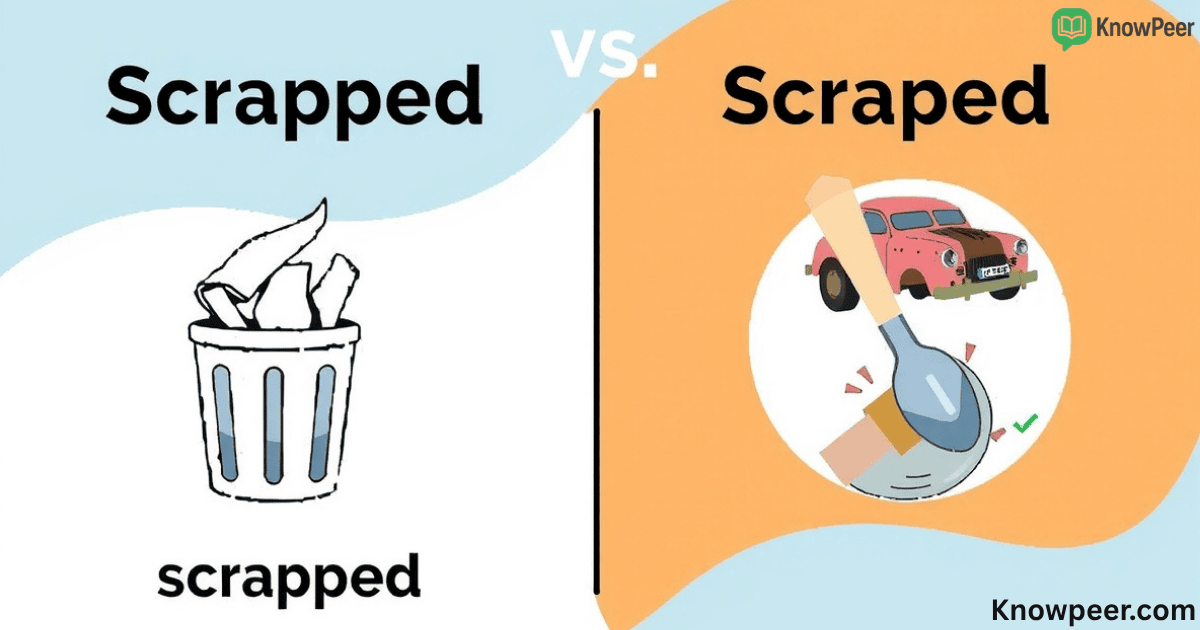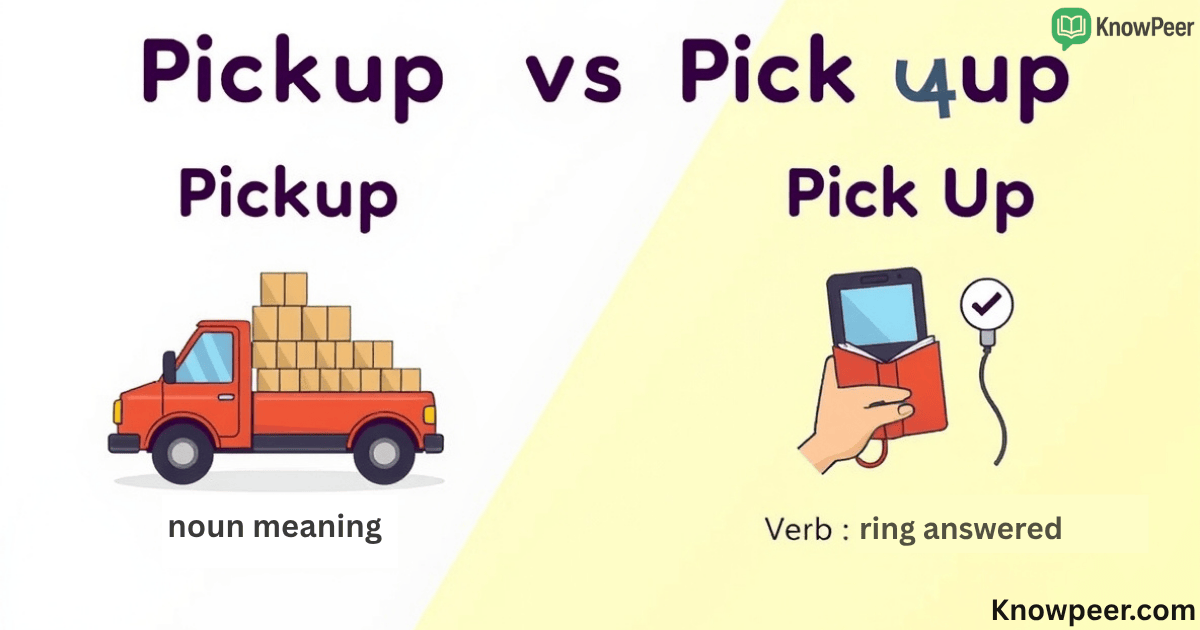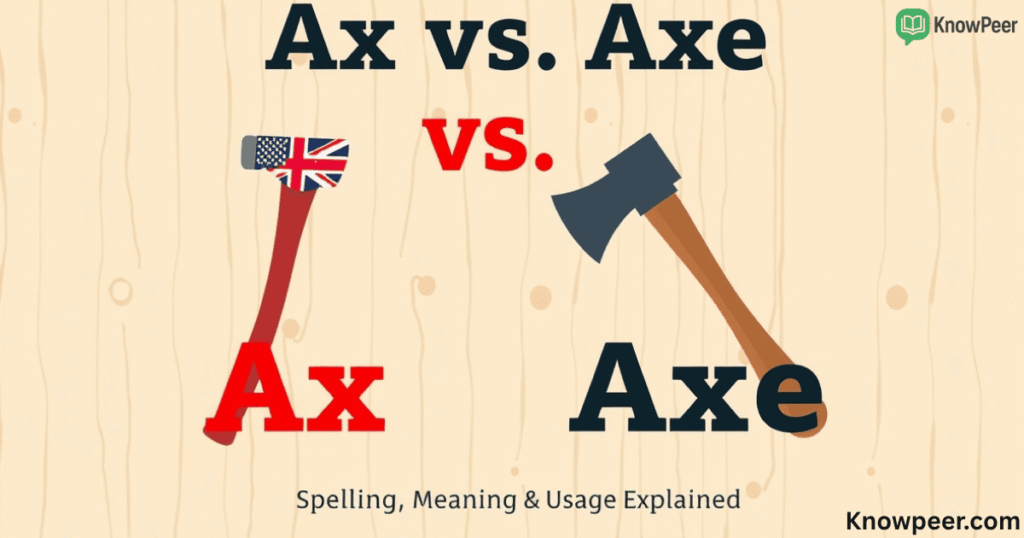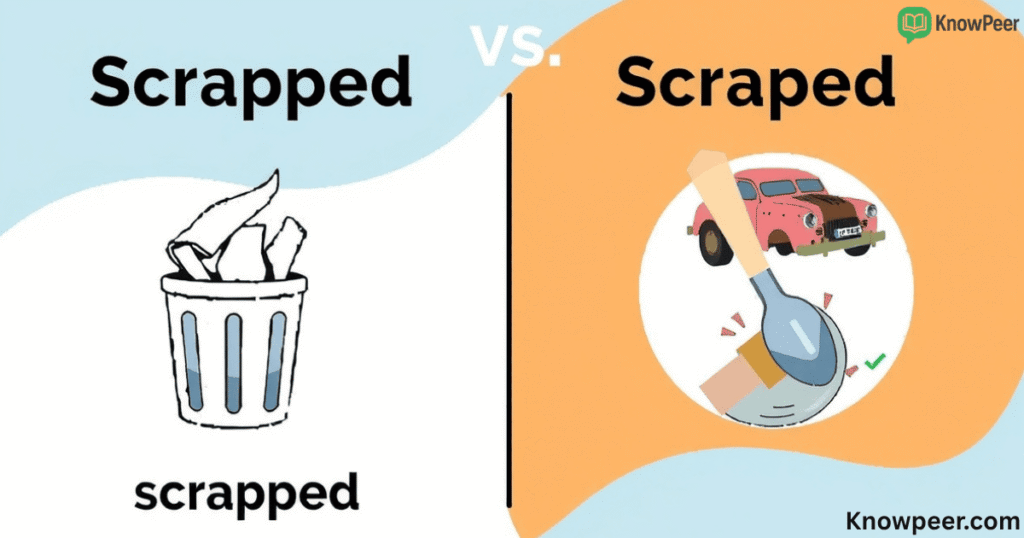Excel and Accel – Not Just Spelling Variants
It’s easy to mix up Excel and Accel. They sound very similar, and at first glance, their spellings don’t seem too different either. But when it comes to meaning, they stand far apart. One is about doing something really well, while the other is all about speed Excel vs Accel. The confusion often happens because people hear them in different contexts and assume they are just two ways to say the same thing. However, knowing the correct meaning and usage of each word helps avoid mistakes, especially in writing or professional communication.
So, what does Excel mean? The word Excel is a verb that means to be exceptionally good at something. You might hear someone say, “He excels in science,” or “She wants to excel in sports.” It’s a word that praises skill, effort, and excellence. You might also know Microsoft Excel, a spreadsheet program widely used in offices, schools, and even in engineering and scientific fields. It plays a big part in data analysis, financial planning, and business reporting. The tool itself is built to help users excel in organization and performance.
On the other hand, Accel is not a formal word but a shortened version of accelerate. It’s popular in industries where speed matters—like gaming, racing, and technology. For example, in gaming, you might hear about mouse accel settings, which affect how quickly a mouse responds. In cars, “accel” refers to how fast a vehicle can go from zero to sixty. So while Excel is about doing great, Accel is about getting there fast. Understanding the difference helps you pick the right word for the right situation.Let’s break it down. The word Excel means to do very well at something.
Word Origins, Etymology, and Practical Contexts
The Excel definition comes from Latin “excellere,” which means “to rise up” or “to be outstanding.” It’s been in English for hundreds of years. It shows up in phrases like “excel at sports” or “excel in education”. You also hear it in business, as in “Our team must excel in performance this quarter.”
Meanwhile, Accel is a newer term. It comes from the word accelerate, which means to go faster. It comes from Latin “celer” meaning quick. People shortened it to Accel in speech and writing. You hear it in car acceleration, Accel curves in tech, or even Accel in gaming. For example, esports players adjust their mouse acceleration or “Accel settings” for better aim.
Here’s a quick comparison table for clarity:
| Term | Full Form / Root | Meaning | Example Use |
| Excel | From Latin excellere | To do very well / be excellent | “I excel at writing” |
| Accel | Short for “accelerate” | To speed up / move faster | “The car has quick accel“ |
Breaking Down the Differences with Clarity

So what does Excel mean in grammar? It’s a verb. You use it to describe someone who performs very well. For instance, “He excels in math” or “She wants to excel in business.” That’s the heart of Excel usage. Also, Excel is the name of a powerful tool: Microsoft Excel. This Excel software helps people create charts, track data, and analyze numbers. It is essential in engineering acceleration tests, business reports, and educational performance tracking. Think of Excel in math, where complex calculations become clear and easy to manage.
Now, what does Accel mean? It’s often used as a slang abbreviation of accelerate. In racing, Accel is how fast a car speeds up. In games, players change their Accel settings to improve control. It appears in tech, too. Accel in tech might refer to a startup that’s growing fast or tools that speed up development. In automotive engineering terms, it refers to how well a vehicle performs in speed tests. Mouse acceleration or gaming mouse accel helps esports players gain better movement and precision.
Another way to remember: Excel is about doing great. Accel is about moving fast. Think performance vs speed. One is about being the best. The other is about going faster. That’s the real Excel vs Accel difference. When choosing which one to use, look at the context. Are you praising skill or talking about quickness? This simple clue can help you avoid embarrassing grammar mistakes.
Excel and Accel in Real Life Use Cases
Let’s look at Excel in action. We see people excel in math, science, sports, and art. In literature, you’ll find sentences like, “He excelled in every task he faced.” It’s a word of praise. Even in business, the phrase “to excel” is key. Many companies have core values like “strive to excel.” In education, teachers say, “Students must excel in their studies.”
Meanwhile, Accel usage shows up in high-speed fields. In automotive engineering terms, “accel” might refer to how quickly an engine can reach top speed. In gaming, “Accel curves” decide how sensitive a mouse is. A slight move can make a big difference in aim. That’s why esports mouse settings often include fine-tuned accel settings. In science, we hear of acceleration in physical formulas like a = v/t. These are key in physics and engineering classrooms.
Here’s a useful table to show more of these cases:
| Domain | Excel Usage Example | Accel Usage Example |
| Education | “Students must excel in reading” | N/A |
| Business | “We aim to excel in service” | “The startup had rapid accel” |
| Sports | “She excels at tennis” | “The car’s accel gives it an edge” |
| Gaming | “Excel in team strategy” | “Adjust your mouse accel” |
| Tech Development | “Excel in product design” | “Accel rate of new features” |
| Automotive Industry | “Excel in driver safety” | “Testing accel in rough terrain” |
Grammar, Spelling, and Memory Tricks That Help
To avoid confusing Excel and Accel, it helps to break down their spelling and meaning. First, remember that Excel starts with “ex,” just like excellent. This can remind you that Excel means excellence or doing really well. You can even use this Excel mnemonic: “I excel in excellence.” This links both the word and its meaning in your mind. Now think about Accel. It starts with “ac,” short for accelerate. A useful Accel mnemonic would be: “Accel means to accelerate.” This points directly to speed. It’s a shortcut word, just like it’s a shortcut in meaning.
Another trick is to think of their grammar roles. Excel is always a verb. You can say, “I excel,” or “They excel at something.” You’ll never say “That was an accel performance,” but you might say “That was an excellent performance.” On the other hand, Accel is often used as a noun or abbreviation, especially in gaming or cars. You could say, “Check your mouse accel,” or “The car’s accel is impressive.”
Sometimes people confuse these because of auto-correct or typing errors. Spell checkers don’t always recognize Accel since it’s a slang form. That’s where context clues help. If you’re talking about a spreadsheet or doing well in school, it’s Excel. If you’re talking about speed, racing, or gaming, it’s probably Accel. Learning to spot the Excel vs Accel difference gets easier with practice. You can even make flashcards for Excel and Accel, or try a Quizlet Excel Accel quiz online. The more you engage with the words in real-world situations, the easier it gets to choose the right one confidently.
Cultural and Industry Influence of Excel and Accel

Excel and Accel do more than show up in grammar books. They’ve shaped how we think in different parts of life—especially in business, education, technology, and speed-driven industries. Excel in business means more than success; it’s become a mindset. Companies expect employees to not just do their jobs, but to excel at them. This mindset influences hiring, promotions, and even office culture. Think about how often managers say, “We want people who excel under pressure.” That expectation creates a work environment where standing out matters.
Microsoft Excel plays a big part here. It’s not just software. It’s a tool that businesses, schools, and government offices rely on. In schools, students learn to excel in education through better performance tracking using Excel spreadsheets. In companies, Excel shows up in every department—from HR to finance to marketing Excel vs Accel. Its role in data management and performance tracking means it literally helps people excel at their work.
Now let’s talk about Accel. It’s huge in fast-paced industries like gaming, automotive engineering, and tech startups. In gaming, mouse accel settings can decide who wins and who loses. In racing, car acceleration stats are key to performance. Accel in tech often refers to acceleration programs or strategies that help startups grow faster. There are even Accel curves used in computing to adjust speeds dynamically.
Even speech reflects this speed-focused culture. People want things faster. “Let’s accel this process” or “We need an accel fix” are phrases you’ll hear in tech circles. It shows how Accel as slang is entering modern business and tech language. So both words don’t just describe actions—they shape how we think and act across fields.
Conclusion
So, what have we learned about Excel vs Accel? These are not just spelling differences. They’re words with different roots, meanings, and uses. Excel is a verb about doing well. It also names a world-famous spreadsheet program. Accel is a short, sharp term tied to acceleration, often found in tech, gaming, and racing.
The next time you’re unsure, ask: What does Excel mean? Am I talking about being excellent? Or what does Accel mean? Is it about speed? Let context lead you. Use simple tricks to remember. Try mnemonics like “Excel = EXcellent skill” and “Accel = Accelerate fast.” Check context clues. Watch for how the word is used. And practice. The more you read and write these terms, the easier it gets.
In a fast world, it helps to excel in understanding and not just accelerate through life. Because in the end, knowing the right word can help you excel at communication, too.



